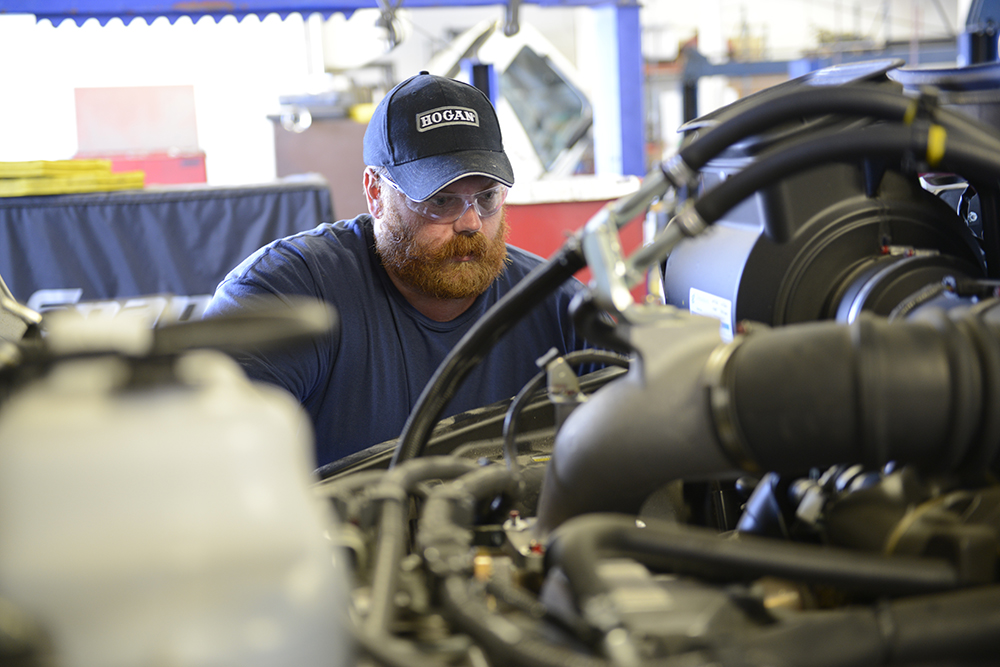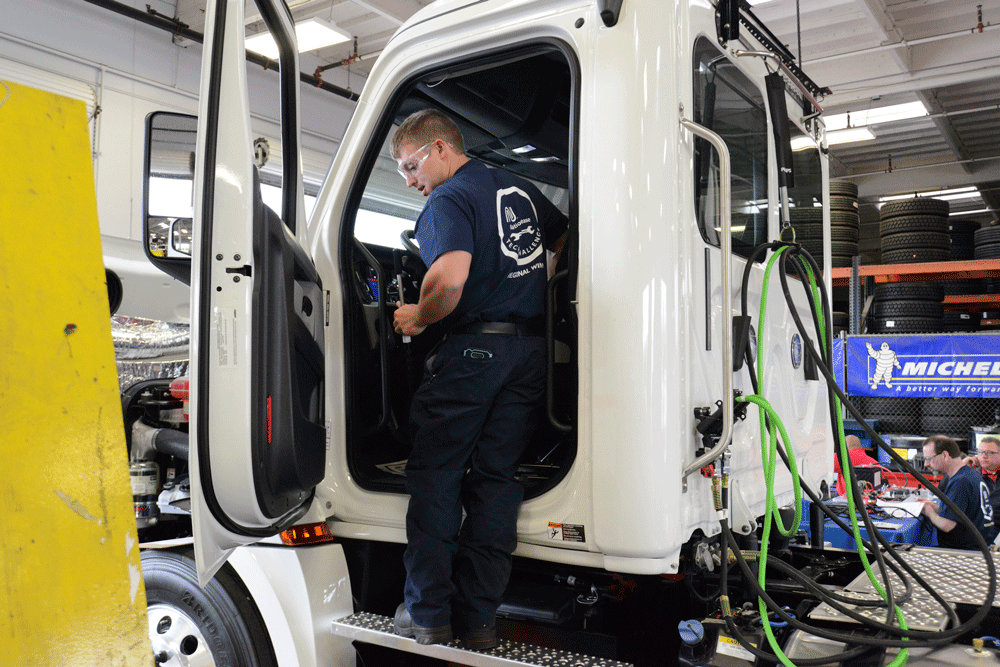Businesses are facing enormous challenges, all coming at the same time. We had hoped that conditions would improve as COVID-19 became controllable and life might return to normal. But supply chain shortages have gotten worse, impacting the ability to get parts and components. Diesel fuel is at an all-time high while diesel technicians are getting harder to recruit and retain. Inflation is hitting every aspect of business. And worst of all, if you’re looking to replace vehicles in your fleet…well, good luck with that. If you’re hoping to purchase new assets, 2023 may be your first chance to do so.
Add to all this, the constantly increasing competitiveness in a global economy, and you see that CFOs are facing daunting prospects, forced to contend with mounting problems while still being tasked with controlling costs while growing the business. For many companies that rely on fleets to transport their product, this might be the time to consider full service leasing (FSL). If transportation is not your core product, relieving that burden by working with a third-party leasing organization is a smart move, both from a finance and a maintenance standpoint.
The difficulty of purchasing and maintaining your own fleet
There are so many variables facing CFOs, COOs, and Fleet Managers, as I noted above, but below are some of the specific ones that are convincing companies to look at full service leasing:
- The high price of new assets (if you can find them)
- The cost of building and maintaining an in-house shop
- The cost of building and managing inventory for that shop
- The shortage of parts and components that may lead to overbuying (when possible) due to fears of those potential shortages
- The need for extra headcount for technician turnover
- The cost of downtime when vehicles either break down or are undergoing PMs
- The ever-changing technology that requires ongoing training for both techs and drivers
- The burden of disposition of older vehicles
- A lack of scalability for seasonal needs
With all of the issues and challenges that CFOs and other senior executives face, looking at an alternative that relieves burden and cost would certainly be welcome.
Why some fleets think full service leasing is too costly
There are many businesses that are definitely amenable to enter into leasing agreements for their assets, but sometimes hesitate when it comes to full service leasing, which includes maintenance and, at NationaLease, a great deal more.
Some of this hesitancy may lie in the pricing methodology historically used by the industry. The fact is, in order to actually assess the expected total cost of ownership or operation (TCO) of a truck, the leasing industry typically employs a fixed and variable pricing methodology. When it comes to fixed costs, a fixed monthly lease rate will encompass the asset’s procurement and end-of-term disposition, depreciation, interest, legalization, replacement vehicle insurance, and other operating and administrative costs. When it comes to the variable part of this equation, companies sometimes have an issue that is based more on misunderstanding than on reality. The way the variable cost per mile (CPM) is calculated includes anticipated preventive maintenance services as well as expected wear-and-tear replacement items (for example, tires, brakes, and parts).
To arrive at a fixed monthly payment that CFOs appreciate, a straight-line FSL monthly cost is depicted throughout the term of the agreement. This is done since, over time, interest expenses decrease while maintenance expenses increase, thus a median CPM is used to assess maintenance costs. But some Fleet Managers argue that they may be paying too much in monthly maintenance since new trucks need less maintenance. That is true in the first year or two of the lease, but so is the inverse; older assets need considerably more maintenance over time, as mileage and wear and tear increase. Additionally, depending on the condition of the vehicle at the end of the lease, significant repairs may be needed and that can negatively impact the vehicle’s resale value. That’s a big number for a business to swallow. In a typical finance lease (without the full-service aspect) a fleet will need to absorb those costs as well.
But FSL offers so much more…especially when dealing with NationaLease.
Besides flexible financing of the asset and the preventive maintenance activities listed above, NationaLease’s FSL offer includes safety programs, permitting, licensing, substitute vehicles, DOT, state, or fuel tax reporting audits, fleet logistics, emergency roadside service, and more. Plus, we have more than 7,000 factory trained technicians ready to serve you when needed.
Now, your CFO will be able to budget with confidence, over a long-term, while reducing the risk of catastrophic maintenance costs and resulting resale value loss. Most important, for the COO or Fleet Manager, for your CFO and CEO, and even more so for your Customer, is the ability to keep trucks on the road and drivers on the clock. If you have a fleet, on-time and safe delivery are likely the foundations of the business function. Full-service leasing helps you achieve those goals. Plus, letting leasing organizations handle the bulk of your transportation burden means you and your people can focus on growing your core business with the confidence of having greater control over your working capital and monthly cash flow.
The reality is that full service leasing is actually less expensive than owning a truck and all the ancillary burdens that come with ownership. And that’s something senior management can embrace.
See how NationaLease and its 140 independent business members and 900 locations across North America can give you the freedom you need to grow your business.




